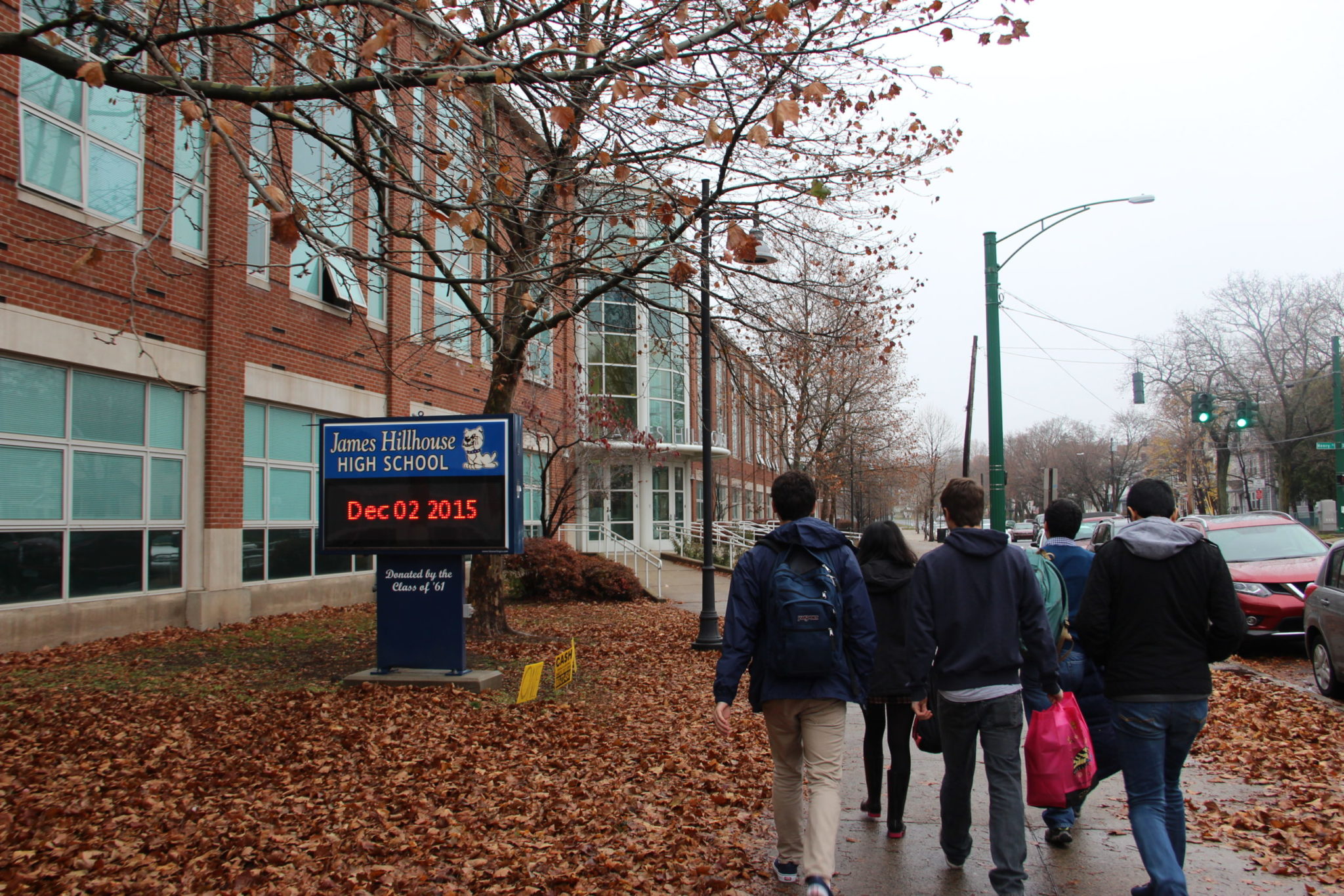Culturally responsive pedagogy: supporting the individual in the era of COVID-19
New Haven Public Schools have increased support of culturally responsive pedagogy, focusing on individual student needs amidst the challenges of the COVID-19 pandemic.

Yale Daily News
Implemented in classrooms across the country, culturally responsive pedagogy has seen a rise in support from New Haven Public Schools during the pandemic.
According to Daniel HoSang; associate professor of ethnicity, race, and migration and American studies at Yale; culturally responsive pedagogy is a system through which “the instructor and the institution make and support decisions about pedagogy that are responsive to the learning experiences, practices, and strengths of students.” These practices account for the range of diverse student identities, including those based around ethnicity, race, gender, linguistic background, preferred learning style, socioeconomic background, mental health and the intersection between such areas.
“It’s a continuous evolution for the educator and community with their students as they grow and evolve. It should not be just with their students in exclusion with their families,” Christina Cipriano, assistant professor at the Yale Child Study Center and director of research at the Yale Center for Emotional Intelligence, said about the importance of culturally responsive pedagogy. “Culture is looking at our family and all of the assets that we are bringing into a learning community.”
In the classroom, culturally responsive pedagogy may involve reading literature with diverse characters and building empathy with these characters, or supporting bilingual students through translated resources. It may also encourage art or creative writing as a means of exploring individual identity, assigning students to write identity-based poetry or make protest quilts on race and ethnicity. Principal of Edgewood Magnet School, Nicholas Perrone, emphasizes that such celebration of cultural identity allows for the “building [of] bridges to make connections,” which ultimately fosters academic success in schools.
Ivelise Velazquez; assistant superintendent for curriculum, instruction and assessment in New Haven Public Schools; told the News about the steps the district has taken to further promote cultural understanding in K-12 New Haven classrooms.
She said that students in English courses are encouraged to question authors, engage in critical discourse, and lead literature-based discussions. Likewise, teachers work to actively examine their unconscious biases, writing their own racial autobiographies as a practice in recognizing the importance of cultural identity.
“It’s a very different type of teaching than we would get if we weren’t conscious of the fact that we haven’t always done that,” Velazquez said. “We are teaching children to come into the space in the classroom and be honest about who they are, and have teachers understand how to make that space welcoming.”
New Haven Public Schools and Students for Educational Justice were recently awarded a $600,000 grant from the Nellie Mae Foundation that supports culturally relevant leadership along with anti-racist curriculum and teaching. Velazquez told the News that there are four main components of the grant: training teachers, training administrators, facilitating student sessions and organizing community forums.
During the COVID-19 pandemic, culturally responsive pedagogical practices have become especially important. As education shifted from the classroom to the Zoom screen, educators alongside students struggled with new or recurring feelings of discomfort. As a result, social and emotional support became especially important for students who were disproportionately affected by COVID-19, according to Cipriano.
“Our worlds got really small, but it opened up a hope to see the world through a lens of disability, and equity and inclusion,” Cipriano said. With the pandemic forcing educators to modify traditional teaching practices, many teachers began seeking more student feedback and advice.
HoSang echoed Cipriano’s sentiment and said that “students are more attuned than ever to their own learning styles, strengths, preferences. … We really have an opportunity to engage students and trust that when they are communicating to us, they’re doing it because they’re reflecting and they’re hopeful.”
Culturally responsive pedagogy’s emphasis on partnerships between students and teachers extends from K-12 education to the university level. In August 2021, students in New Haven Public Schools worked with 140 teachers to organize and participate in a Culturally Relevant Pedagogy Conference. The group gathered to present on topics of concern and interest, including local advocacy and the contemporary Black Lives Matter movement.
Likewise, the Yale Child Study Center has worked with students to develop the School Climate Walkthrough, a web-based application built on aspects of school climate and culture. This application was designed to be used daily by students, generating immediate reports that position students within their schools with regard to their attitudes and experiences. Tracking shared concerns among students has allowed educators to make targeted changes.
Although such programs have inspired change among both students and teachers, Velazquez stresses that there is still a long way to go. “The topic of race in particular is difficult for folks. They take a lot of detours,” Velazquez said. “We still have, in our schools every day, ways that educators … who are unconscious perpetuate racism. This happens over time and we are working really hard to understand when children are hurt and how to make it right.”
The Nellie Mae Foundation grant will support the second annual Culturally Relevant Pedagogy Conference for New Haven Public Schools this August.







